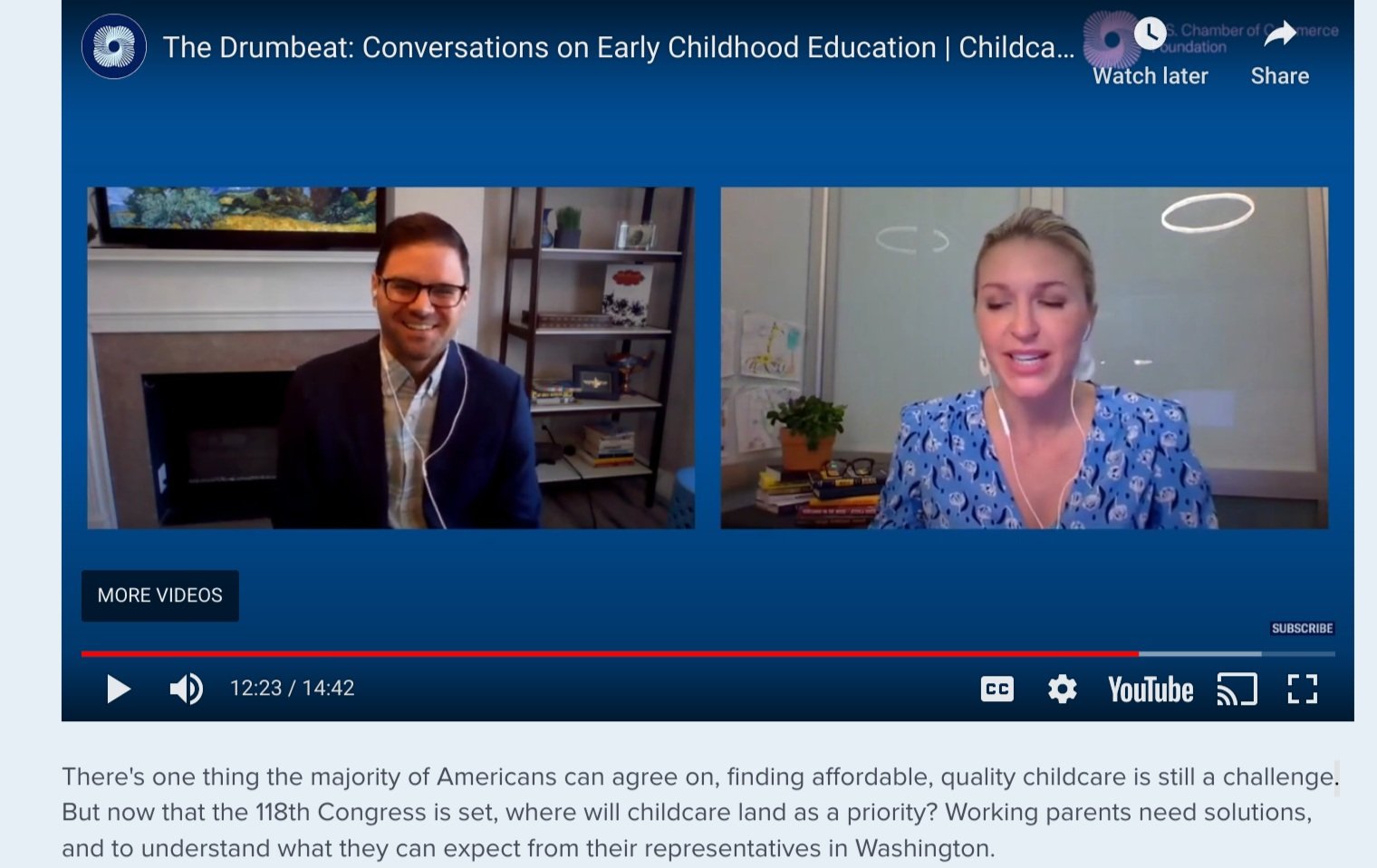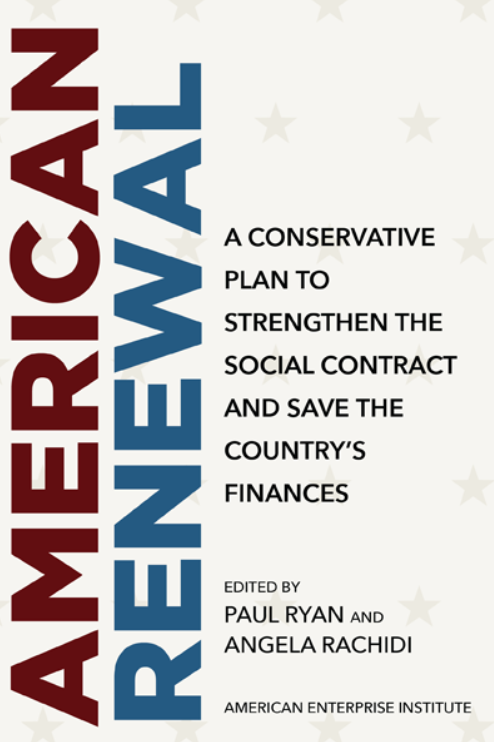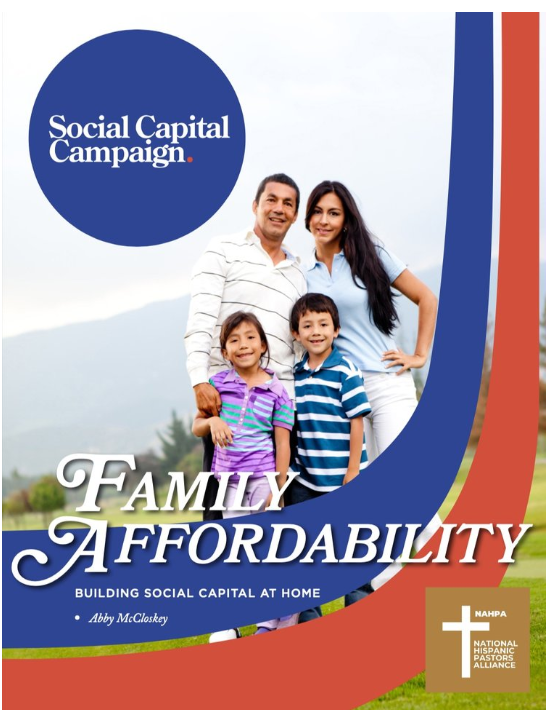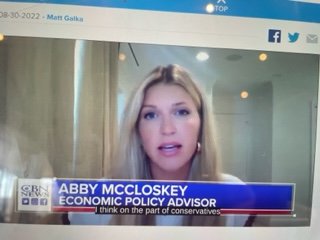Abby McCloskey, Dallas Morning News, December 11, 2022
“Ours may be the first generation whose children are worse off than its own members. If we do nothing, a fiscal and economic calamity awaits,” former U.S. House Speaker Paul Ryan recently wrote in The Wall Street Journal.
This, on the heels of frenzied exhaustion from the pandemic, inflation and increased Russian and Chinese aggression, is a lot to take in. Certainly, in the midst of Christmas decorating and family gathering and end-of-year wrapping, it feels a bit, well, back burner. Not much we can do about it here in Texas where our state’s rainy day fund is overflowing. God bless Texas. It’s the Beltway wonks’ problem, not ours.
But the former speaker is not wrong. Throughout history, the rises and falls of great powers, from Rome to the Ming Dynasty to the Soviet Union, tend to be from the long, insidious dissolution of something so basic that any child collecting allowance in fly-over country does it each week: managing a budget. (Economists Glenn Hubbard and Tim Kane painstakingly document this trend, empire by empire, in their fantastic and now decade-old book, Balance: The Economics of Great Powers from Ancient Rome to Modern America). Mismanagement of government finances renders militaries weaker, growth slower, public services smaller and eventually brings about the collapse of promises and public trust — the justification of a government’s existence.”













